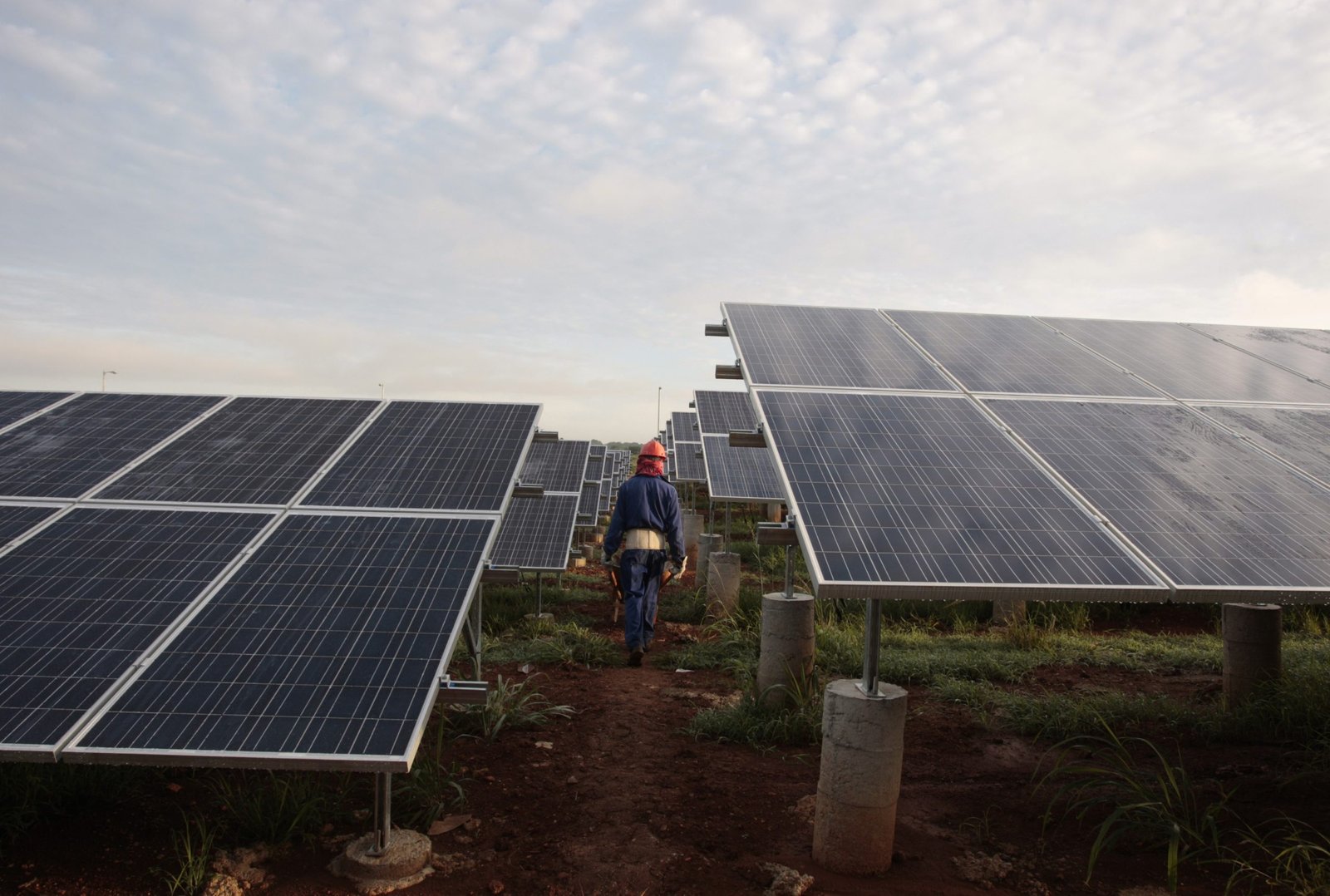The international community has committed to tripling renewable energy efforts by 2030, aiming to limit temperature rise to 1.5 degrees Celsius. However, the existing gap between Nationally Determined Contributions (NDCs) and national policies reveals a critical need for more robust legal and regulatory frameworks to support and drive these ambitious renewable energy goals. This alignment not only enhances effectiveness but also boosts credibility on a global scale, sending clear signals to investors, developers, and stakeholders throughout the renewable energy supply chain. The focus on renewable energy primarily revolves around the power sector, which alone cannot fully address the challenge. To meet the tripled renewable power pledge, the Group of 20 (G20) would need to substantially increase its renewable power capacity.
Legal and Regulatory Frameworks: A Crucial Catalyst
To bridge the gap between commitments and actions, countries must establish a regulatory environment that can facilitate the deployment of renewable energy projects. The Clean Energy Regulatory Reform Advisory (CERRA) has positioned itself as a key player in understanding and catalyzing the necessary evolution to accelerate these efforts. Joseph Williams, Coordinator of Caribbean Development Bank’s Sustainable Energy Unit, said during a panel discussion at the 28th Annual United Nations Climate Change Conference (COP28) “while governments have demonstrated high commitment, progress in renewable energy penetration regionally has been averaging some 12 per cent, despite a 2030 target of 55 per cent. There is quite a big gap and a great need for the current framework to be strengthened.” The disparity in resources between developed and developing nations poses a significant challenge. CERRA acknowledges the need for international support in the form of financing, technology transfer, and capacity building. By working closely with countries and key stakeholders, CERRA is equipped to facilitate the mobilization of financing required for a just and inclusive energy transition.
Scaling up investments and building the necessary infrastructure are essential for the success of renewable energy initiatives. A comprehensive legal and regulatory framework, along with international energy compliance for the procurement of variable renewable energy is vital for fostering an environment conducive to growth. Achieving the energy transition requires a skilled workforce equipped to handle the complexities of renewable energy systems. CERRA assists countries in developing and implementing policies that create an enabling environment for renewable energy deployment, from streamlined permitting processes, energy procurement processes to market-friendly regulations.
The global commitment to tripling renewable energy efforts represents a crucial step towards mitigating climate change.



Leave A Comment